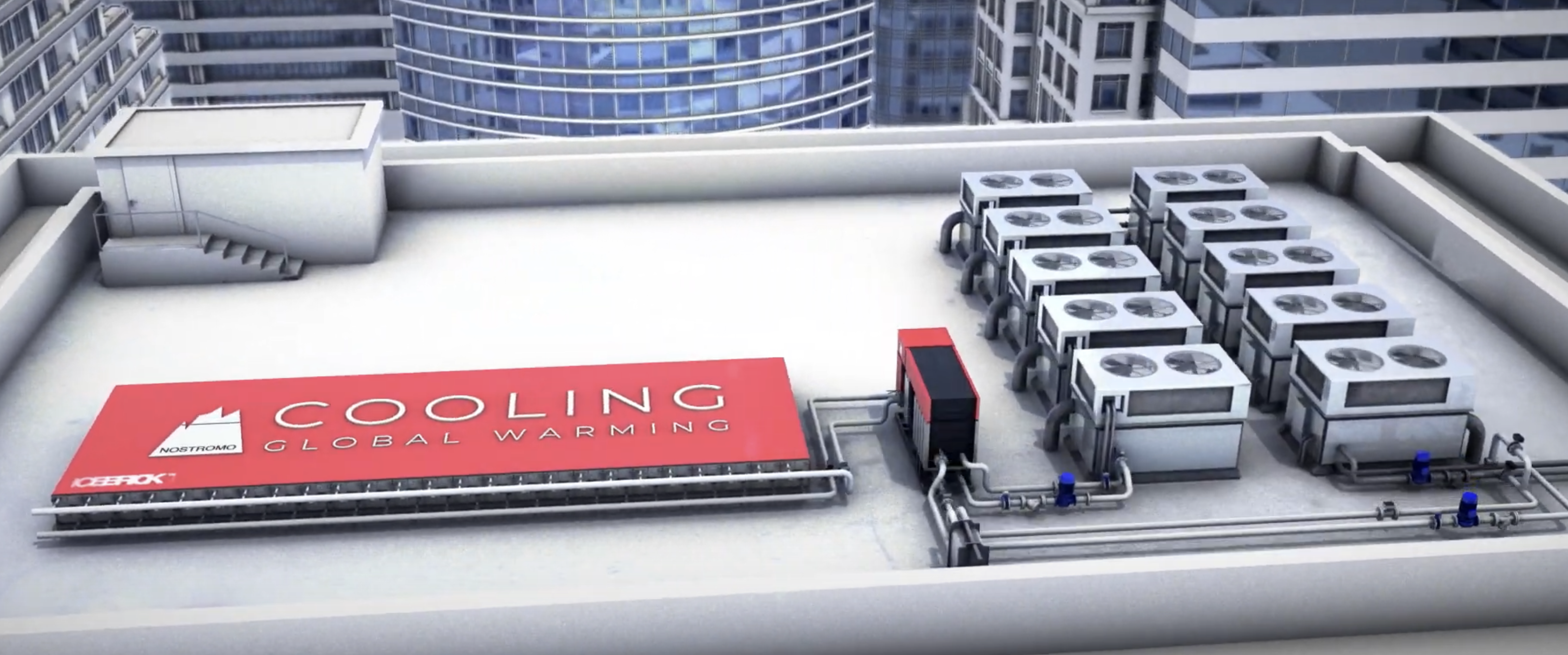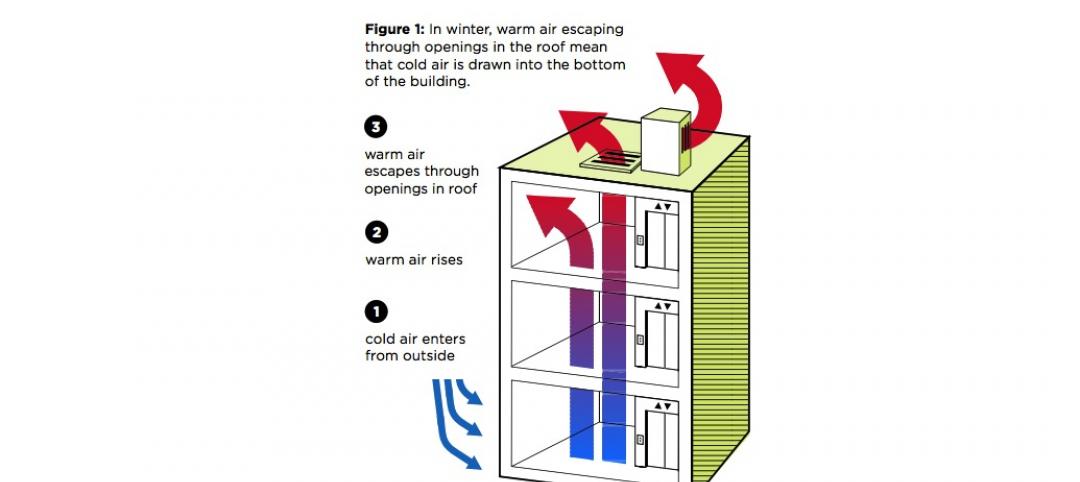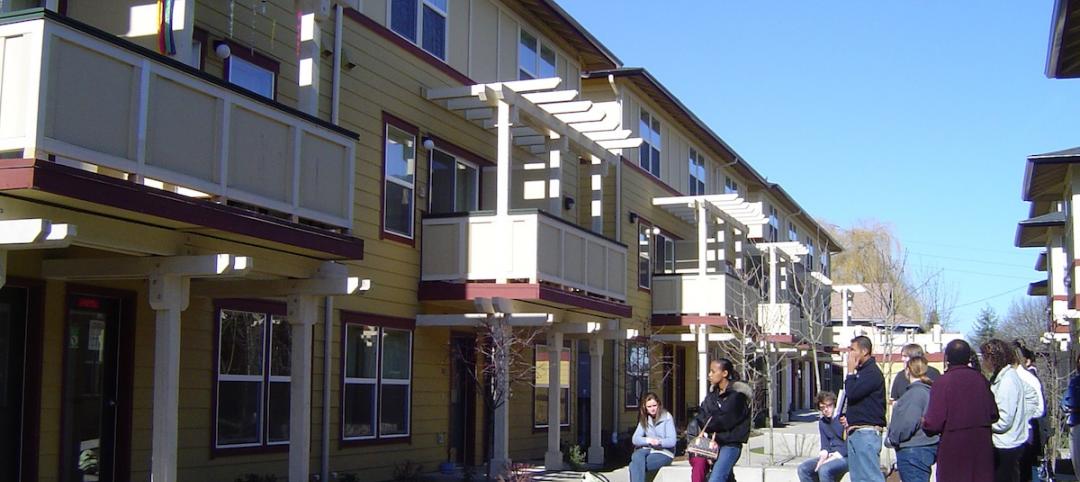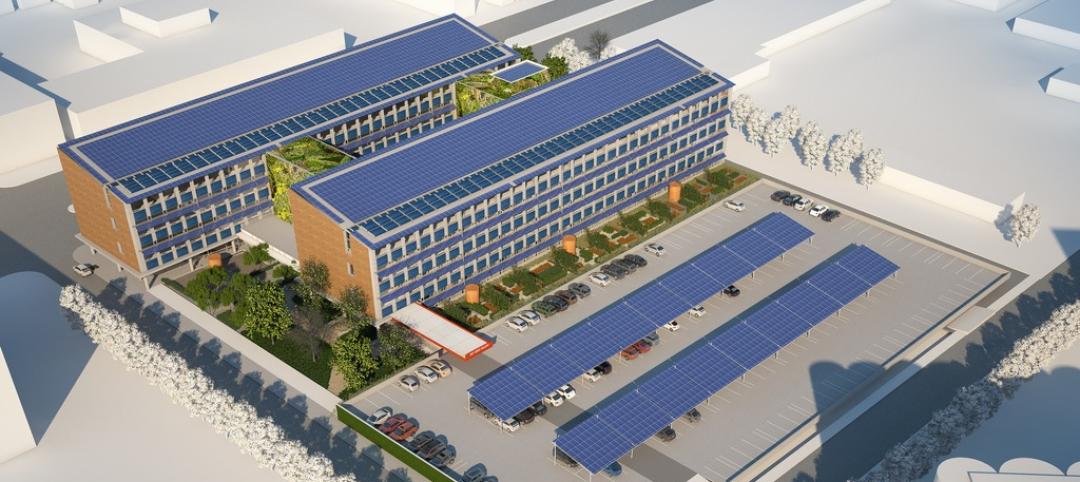The General Services Administration and the U.S. Department of Energy have selected 17 innovative building technologies to evaluate in real-world settings throughout GSA’s real estate portfolio.
This year, field validation will be conducted on five of these technologies that will support commercial buildings decarbonization and the implementation of DOE’s recently released Decarbonizing the U.S. Economy by 2050: A National Blueprint for the Buildings Sector. The technologies include modular ice-based energy storage from Nostromo Energy, a modular cold-climate air-source heat pump from Trane Technologies, an air conditioning system incorporating a liquid desiccant and evaporative cooling from Blue Frontier, a refrigerant life cycle management strategy from êffecterra, and an internet-of-things based building management system from 75F.
The evaluation will consider how well products reduce energy use and greenhouse gas emissions. HVAC in commercial buildings consumes up to 44% of on-site energy, according to a DOE news release.
GSA anticipates that the results of this year’s evaluations will be available in 2026. DOE and GSA have partnered through the same program since 2015. Since 2011, the program has evaluated 107 technologies, 23 of which have been deployed across more than a third of GSA’s federally owned portfolio.
Related Stories
Codes and Standards | Apr 12, 2015
California imposes stringent new water standards
California is the first state to adopt standards that are more efficient than those set by EPA's WaterSense program.
Codes and Standards | Apr 12, 2015
Virginia surpasses Florida for strictest hurricane building codes
Virginia has edged out Florida as the state with the most stringent hurricane building codes, according to the Institute for Business and Home Safety’s “2015 Rating the States” report.
Codes and Standards | Apr 6, 2015
Industry groups petition for change order reform on federal projects
Nine design and construction associations ask for assurance that funds available for additional work.
Codes and Standards | Apr 6, 2015
DOE releases Better Buildings Workforce Guidelines
The guidelines are aimed at strengthening and streamlining commercial building workforce training and certification programs for workers in energy auditing, building commissioning, building operations, and energy management.
Green | Apr 3, 2015
Georgia may ban use of LEED on state buildings
Georgia's state legislature is considering a measure to require all state buildings to only use green building standards that permit the use of Georgia's lumber.
Codes and Standards | Mar 29, 2015
Elevator shafts a major source of heat loss in New York City
A typical New York apartment building loses thousands of dollars worth of energy every year from leaky elevator shafts that vent warm air at the top of the building and draw in cold air at the bottom, according to a new Urban Green Council report.
Green | Mar 22, 2015
6 myths holding back green building
Sustainable design has proven benefits, so why isn’t it more widely adopted?
Multifamily Housing | Mar 16, 2015
New Jersey Supreme Court puts control of affordable housing agency in the courts
The court said the state’s affordable housing agency had failed to do its job, and effectively transferred the agency's regulatory authority to lower courts.
Codes and Standards | Mar 16, 2015
San Jose adopts bird-friendly building standard
The standard includes avoiding large chunks of transparent or reflective glass and adding fritting.
Codes and Standards | Mar 12, 2015
Energy Trust of Oregon offers financial incentives for net-zero buildings
The organization is offering technical assistance along with financial benefits.















